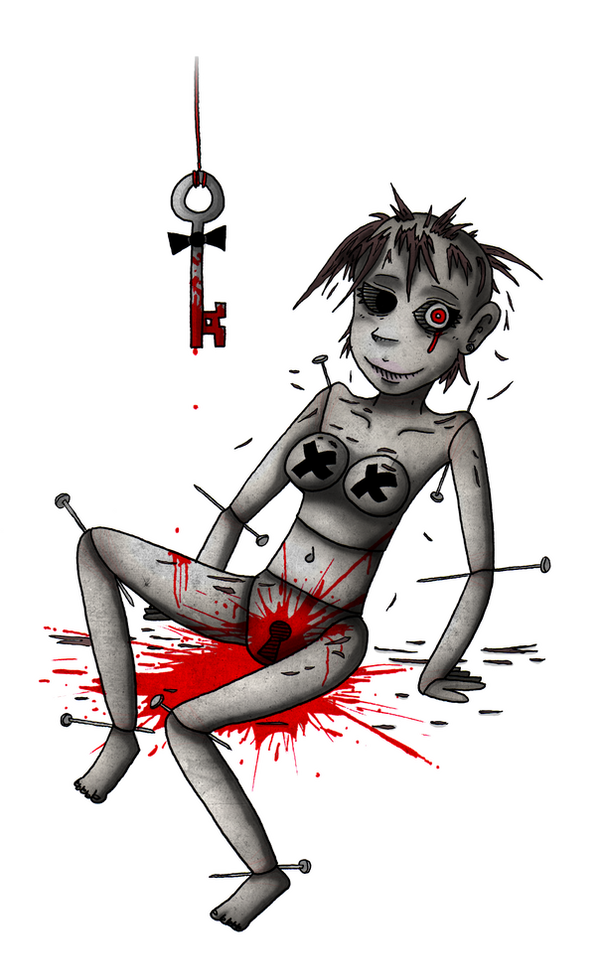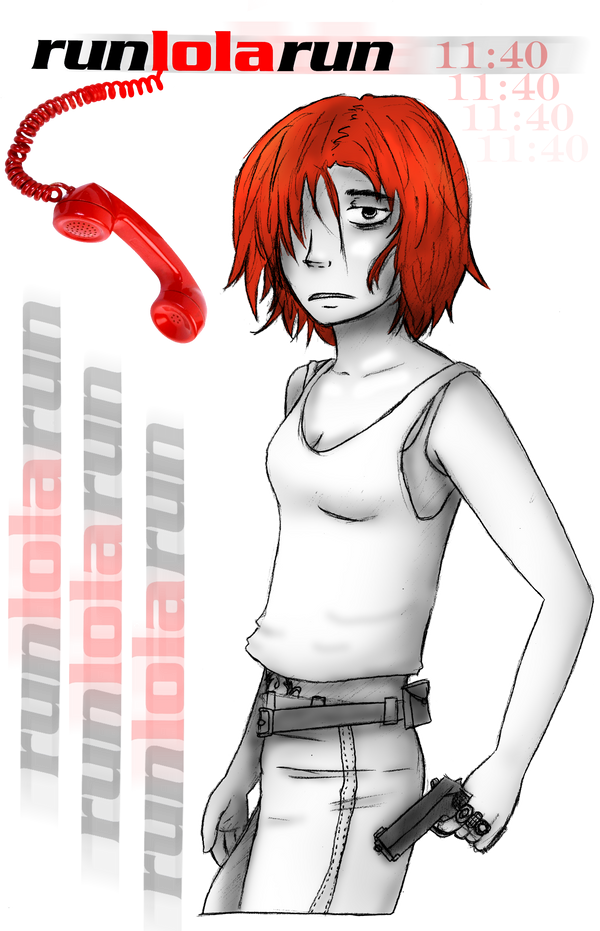Douglas Adams Existential Philosophy: The Restaurant at the end of the Universe
Introduction
For my book review, I chose the second book of three in his six part series, The Hitchhiker’s Guide to the Galaxy, The Restaurant at the End of the Universe. I could write a book on all the philosophical messages in this series but I chose this book because it touches on the subject of music and Adams philosophy on music. His books are all existential works if one is willing to look past all the science fiction and comedy that they are known for. Like Doctor Who, the laughs and the science are merely vehicles to convey philosophical points. Restaurant has many various philosophical messages that I will discuss in this paper but I will start with his critique of Music and the arts, specifically the case of Hotblack Desiato.
Music: Hotblack Desiato
“The Universe…1) Area: Infinite: bigger than the biggest thing ever and then some. Much bigger than that in fact, really amazingly immense, a totally stunning size, real, ‘wow, that’s big’ time. Infinity is just so big that by comparison, bigness itself looks really titchy. Gigantic multiplied by colossal multiplied by staggeringly huge is the sort of concept we’re trying to get across here…6) Art: none. The function of art is to hold the mirror up to nature, and there simply isn’t a mirror big enough—see point one.” (Adams, 1980)
The above quote sums up Adams view of reality—a cynic, a critic, but hopeful and hilarious. There is no music-technical theory in this work and so neither will there be in this paper, only existential question and attempt to answer. Hotblack Desiato is the creator of the ‘plutonium rock’ band, Disaster Area, from the Gagrakacka Mind Zones. The band is “generally held to be not only the loudest rock band in all the Galaxy, but in fact, the loudest noise of any kind” (Adams, 1980). Essentially, Disaster Area is the polar opposite of John Cage. Part of the bands artistic style is to, at concerts, fly autopilot spaceship into a star, which then explodes. Their songs also reflect this, they “mostly follow the familiar theme of boy-being meets girl-being beneath a silvery moon, which then explodes for no adequately explored reason” (Adams, 1980).
The music is so loud that the band remotely controls their instruments from a ship orbiting a different planets while the audience is typically situated in a concrete bunker thirty-seven miles from the stage.
Is this music? Is this art? What is Douglas Adams trying to say about music? To begin with, when Adams is talking about Hotblack Desiato & Disaster Area he also mentions that the band is seen as one of the worst in the history of the galaxy and that because of this, they are also one of the most popular. It is clear what Adams means by this—it is a critique of what society declares as good and popular. This view of Adams is similar to Danto’s idea that in order to judge art properly, one must be educated about art, the history of art, various creative forms and styles, and the artists own background. This is also similar to a much older concept dating back to the days of Plato, who said that to truly be a philosopher; one must be at least thirty years old so that they will have had enough life experience and education. Funny enough, this is the typical age that people graduate with a PhD. Adams is simply suggesting that the public at large does not understand what good quality music is. Adams concept of Disaster Area is also a critique of the first days of metal and punk, which were beginning to creep up when he wrote this account of Desiato. Music that is extremely loud and includes random explosions
The band’s performances are certainly artistic, the audience has found the perfect way to listen to the music, albeit it is 37miles away in a concrete bunker, but there is a specific perspective to listening to Disaster Area. I therefore conclude that at the very least it is sound art—and the spaceship crashing into a star and then the star exploding, though expensive and a bit excessive, is still a statement, a statement on what, I’m not sure but regardless, the performances of Disaster Area are art. The next issue to tackle is whether or not it is music. It is at least musical and it is widely accepted as music. With the limited description of the band and everything that we have learned over the semester, I would say that the stylings of Hotblack Desiato are in fact music. I would say it is bad music but that is just my opinion and the opinions of most of the fictional galaxy of Adam’s works. I can safely say that Adams does like classical, jazz, and rockabilly as indicated throughout the rest of the series.
This all being said, I am not fully convinced that Disaster Area’s sound-art is music, it is a question, which should have further debate. We have discussed the question of how long can pauses in music be before it ceases to be music as well as silence as music, which we determined as not music—but what about volume? Does music cease to be music at a certain volume? Should there be a limit on how loud music can be to be considered music? If the answer to these questions is yes, then at what point is music too loud to be classified as music?
The Dish of the Day: An Ethical Quandary
This next philosophical endeavor is unrelated to the field of music, however, since this is a book review for a philosophy class, I feel that this, being the other philosophical statement in this book should be examined While the main characters are at the restaurant (at the end of the universe), they are asked if they would like to meet the dish of the day—to meet the meat. People got so tired of the bickering of animal cruelty that they genetically engineered a bovine like creature that is specifically bread to be eaten. This animal wants to be eaten; its only purpose in life is to be consumed. This raises a huge existential and ethical question. It goes back to the problem of ignorance with the question ‘is a slave a slave if they don’t know they are enslaved?’ Essentially, it refers to the main philosophical message of the Matrix film series, which goes back to Plato’s Cave.
Douglas Adams has this great way of introducing a potential solution to a problem but adding something extra. As it stands now, the argument for the exploitation of animals, is, as we have said in class, they are failed humans and therefore have less intrinsic value than people have have and therefore, humans can do whatever they want to them. This argument is founded on the principle that animals, though sentient, are not as self-aware and intelligent as people are. If people could prove that a certain species of animals say, chickens, for example, actually wanted to be eaten and that furthermore, people could prove that chickens are meant to be eaten by people and that is their sole purpose in life, the debate, at least in the case of chickens would be settled. However, the problem with the ‘dish of the day’ scenario is that the bovine-like creature depicted in The Restaurant as the End of the Universe is in-fact relatively close to the average intelligence of a so-called higher-thinking being such as humans. This animal can not only express its intense desire to be killed and eaten, but also can articulate this in a very sophisticated manner and therein lies the conflict.
We are left with the question of is it any more or less ethical to kill and cook (actually in the books scenario the beast kills itself after assuring the patrons that it will be very human about it) an animal if it can articulately express how much it desires to be dinner but at the same time, is also as intelligent as a typical person without a survival instinct or a will to live. Is it ethical to kill anything for consumption in the first place especially when it is not necessary to ones actual survival? The book actually makes the joke that vegetables are extremely intelligent but have no way of expressing it so in fact it is more ethical to eat the beast that wishes to be eaten. What do you think?
Conclusion
Douglas Adams was a wonderful man who is certainly missed. His works were all very philosophical as well as having socio-political significance. Like Monty Python, which he worked with, all the meanings are done with satire and laughs and like Doctor Who, which he also worked on, the vehicle used to get these messages across is science fiction. I believe that comedy and sci-fi both work well to convey certain ideals, which is why novels and shows like these are so successful. We may never have a decent definition of music or art but we will continue to ask these questions because, as Adams pointed out repeatedly, philosophers constantly ask these questions knowing they will never get answers, and that is why they all still have jobs.
In Loving Memory:
Douglas Adams
March 11th, 1952 – May 11th, 2001
Sunday, December 18th, 2011 3:40 PM
Edited: Wednesday, December, 21st, 2011 12:10 PM
References\Citations\ Bibliography
Adams, Douglas. The Ultimate Hitchhiker's Guide: Five Complete Novels and One Story. New York: Gramercy, 2005. Print.
Bowie, G. Lee., Meredith W. Michaels, and Robert C. Solomon. Twenty Questions: an Introduction to Philosophy. 6th ed. Australia: Thomson/Wadsworth, 2007. Print.
Colfer, Eoin, and Douglas Adams. And Another Thing--: Douglas Adams's Hitchhiker's Guide to the Galaxy, Part Six of Three. 1st ed. New York: Hyperion, 2009. Print.
Hamilton, Andy. Aesthetics and Music. London: Continuum, 2008. Print.
Hardcastle, Gary L., and George A. Reisch. Monty Python and Philosophy Nudge Nudge, Think Think! Chicago, IL: Open Court, 2006. Print. Popular Culture and Philosophy.
Hinman, Lawrence M. Contemporary Moral Issues: Diversity and Consensus. 3rd ed. Upper Saddle River, NJ: Pearson Prentice Hall, 2006. Print.
The Matrix. Prod. Andy Wachowski and Larry Wachowski. Dir. Andy Wachowski and Larry Wachowski. By Andy Wachowski and Larry Wachowski. Perf. Keanu Reeves. 1999.
Newman, Sydney. "Doctor Who." Doctor Who. Prod. Verity Lambert. 1963-2011. Television.







